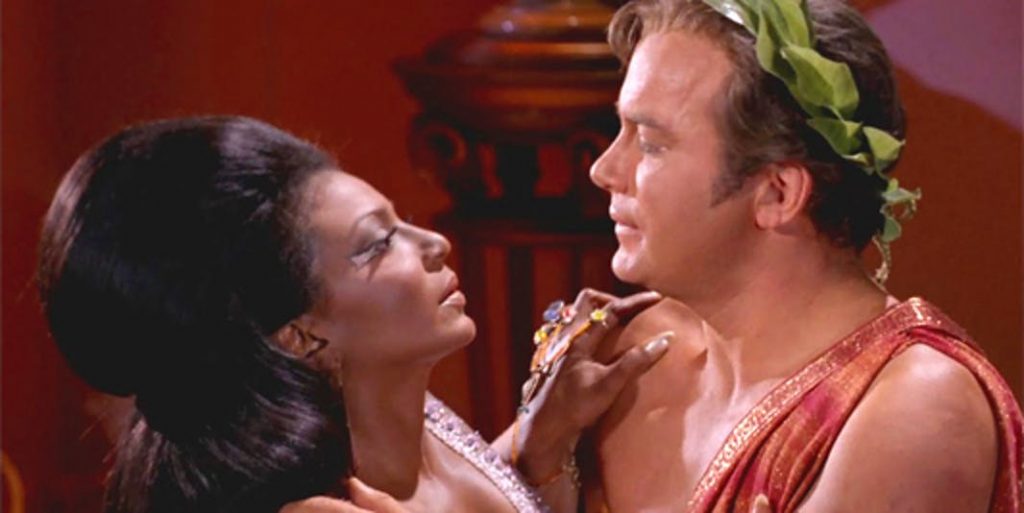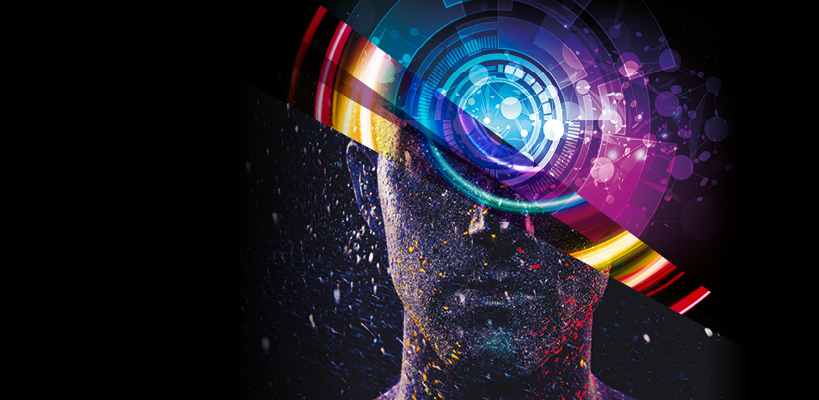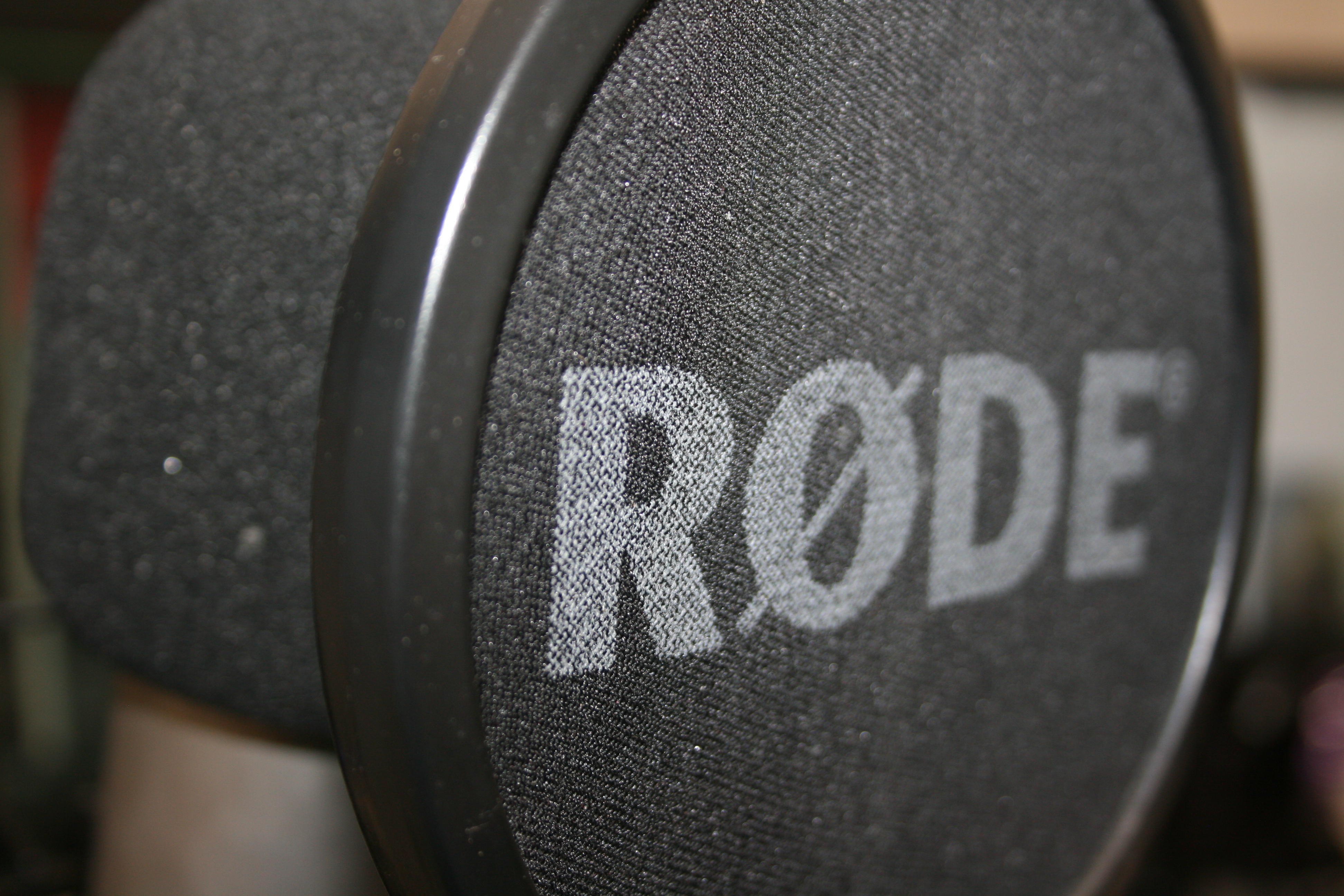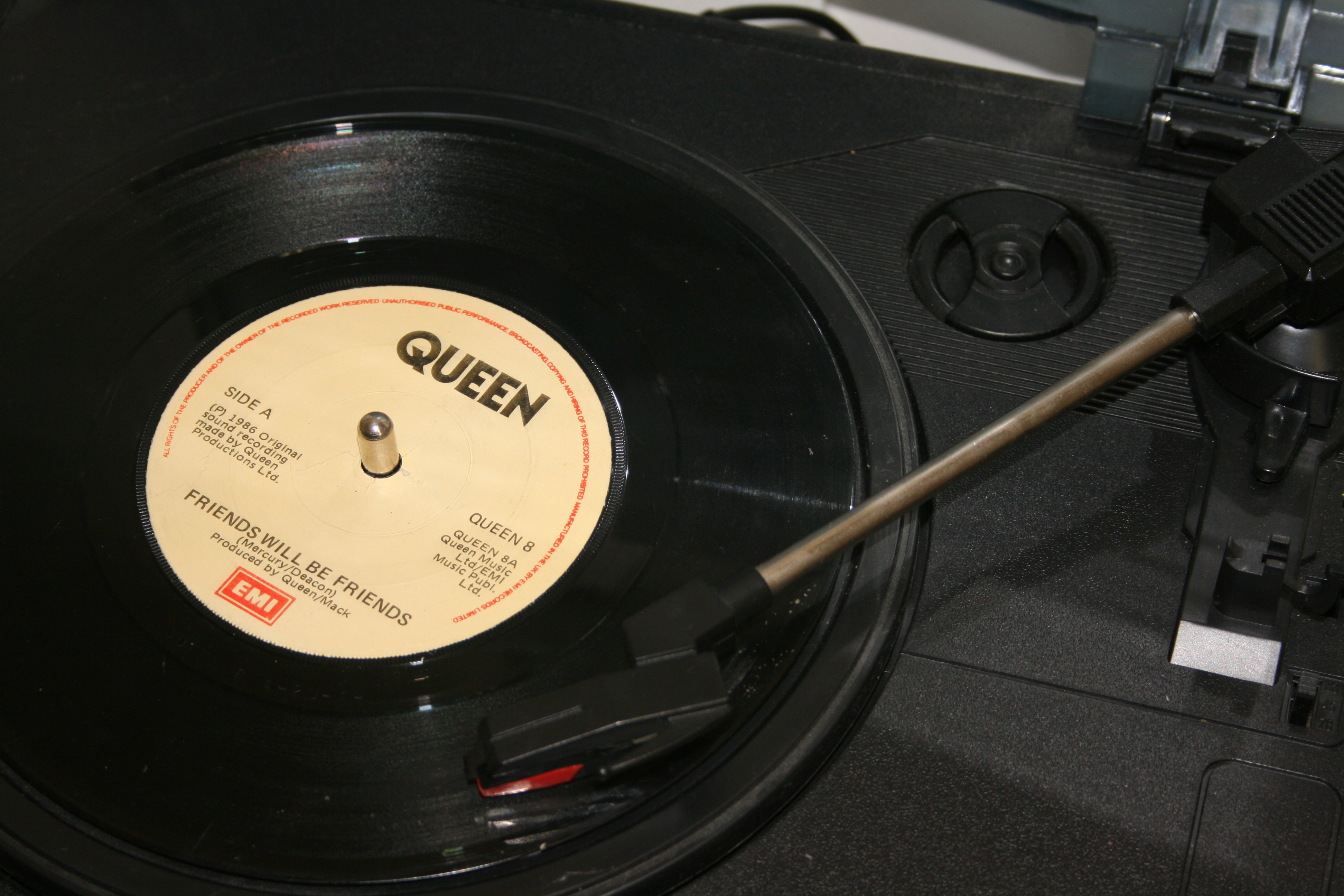What happened to game show contestants? You know what I mean, right, Norma from Wembley aged 87 trying to figure out what Michael Barrymore is talking about? Frank from Leicester, the retired Postman whose worked in the village since 1968.
Recently I’ve spent a little time watching Challenge – available on Freeview Channel 46 – which plays those classic reruns of Price is Right, Bullseye and Supermarket Sweep; when the idea of interacting with our television was so novel that you wanted to see your neighbors on the tube. You’d send off a postcard hoping to get picked, you’d nominate your grandmother or secretly hope Noel Edmonds would give you a ‘Gotcha’ when you split that milk in the supermarket.

As the years rolled on, television audiences changed, and so did television. It became slightly less interactive whilst also becoming more subversive. Big Brother, reality television, effectively replaced the need for traditional Saturday night entertainment. You didn’t need to watch Noel’s House Party or Gladiators, not when things were getting saucy and the participants were getting plastered on Channel 4. In general, we approved of this culture initially, and encouraged the likes of Jeremy Kyle, which effectively took the handbook from Soap’s and found people who behaved just like the cast of Eastenders – without actually being actors.
In true style, the audiences rebelled, and whilst game shows like ‘Who Wants to be a Millionaire’ and ‘Deal or No Deal’ were always staples of viewing, it was the guests who began to change. Gone were the potentially senile or quiet and shy, discounted were those with interesting jobs and an afternoon off work to attend the taping. Instead, television program participants representing “the general public” now seem to be more exciting, more popular than ever before. Instead of being an accountant or a nurse, contestants are now YouTube content creators, professional gaming enthusiasts or even models.
In some cases television was sent to ridicule you. The Chase and Eggheads presented quiz contestants secretly mocked by the host due to their obscure knowledge of the most random content. Shows like ‘The X Factor’ stepped this up further, sometimes inviting people with genuinely hidden talent to try and catch a magical ticket to their fame. In the process, they needed to endure a stadium full of people watching their open audition, live weekly programs where they battled for the adoration of the millions watching at home and then a phone in where people could vote to eliminate you because they simply didn’t like the person the production team encouraged you to be.
There’s an old episode of Red Dwarf in which Lister reads Rimmer some mail from his mother. In the letter, his mother tells him that his father had died, and as a result Rimmer leads himself to question his own identity – posing the question “what is a man if not his job?”. Another character, Kryten, later challenges Rimmers repeat of this question by asking whether Albert Einstein was a patent clerk, or whether he was the greatest mind in human history?
Using the example of television, it would seem to be that society is now breaking away from the older, more traditional and established social norms. Primarily, things like what your day job is, who you are and what you do for a living are meaningless and practically irrelevant. In my own life I meet so many people who I’m confident would rather be defined by their social activities (Writer, Wrestler or Social Media Influencer) than by their traditional day job. And in some cases I’m almost ashamed to say I don’t even know what that person’s “real” job is.
Now, I say real because we currently live in two worlds, one in the physical and the other in the digital. We’ve been escaping to this world for about 30 years now – either through gaming or vlogging or even in MMORPG – and we’ve perhaps been escaping to a virtual world even longer if you include Hollywood in the picture. But modern technological advances have meant that as the years go on we’ve found ways to become even more subversive. And yes, whilst we dream of electric sheep, we’ve actually become androids ourselves – submerging with our digital lives on an almost hourly basis – texting, posting, tweeting, swiping – mostly commonly through the artificial extension in your hand.
In the case of social media accounts, many people (myself included) now have at least two. One which represents their “real life” or their more personal account, the kind you want your parents to see, want colleagues in that job you’ve just taken to notice; and the other representing an identity, an idea, a fragment of what they want to be – or just representing the more ideal vision of themselves. If wrestlers play a character, that second profile is exactly that – kayfabe for the internet age. A heel or villain to mock fans, a face to thank fans. Just like an actor it can prove useful to be able to submerge in the identity. If that person is a writer, they might choose to be more streamlined and professional on their account, presenting links to their work and encouraging direct interaction and praise with their writing.
And who doesn’t enjoy friend requests? It’s a much wider question to ask what digital friend requests actually mean, but suffice to say we do like the idea that people have taken the time to reach out and extend a digital handshake. Those friend requests you receive may be from a singular account or a person with two accounts. Many times have I been offered a friend request from someone I’ve actually met in the real world, only to find it is not actually their active account, but a puppet account set up to promote their brand. An extension of a personalized marketing tool perhaps. We abhor racial segregation but we welcome digital segregation.
You have to be careful, granted, when your sexuality could be perceived as a potential issue – or when you feel the lifestyle choices or personal opinions you can control are not in kin with everyone (or even someone) else. We enter new jobs in a particular mode, playing a role, acting in a very specific way when absorbing new situations. And we all, no matter who we are, wear masks.

It seems like light years now since Star Trek attracted controversy in the 1960’s by featuring the first ever interracial kiss on US Television screens. Of course, that in itself is a popular misconception, as another kiss predates even this infamous moment. But if we ignore the misconception for the moment, we could perhaps see social media as a form of digital segregation. If your Facebook profile is like a nightclub, your friends list is a safe space, where you can invite people to share in your personal expressions. We’ve all seen the Facebook adverts – everybody’s got their own level of privacy, right?
So what if that second profile was your real profile. And within your nightclub, you’ve got a VIP Lounge, a special place where you’ll further filter those who know you. Yes, you’ve heard of me, met me and even spoken to me. But what makes you think I even want you knowing me?
Whether I earn the majority of money in any given year from Journalism is irrelevant. I can call myself a Journalist simply because I write an article like this and post it online. That is 2020. My first ever Journalism tutor told me that to be a Journalist was a calling, something you became once you believed you were just that, a writer, a recorder, an archivist, an observer. Maybe he was trying to sell me the class on the first day and my colleagues were too baked to remember it, but that mantra has stuck with me ever since.
In the years I’ve been writing I’ve probably been taken advantage of – in one way or another – because of my good nature at least once a year. Sometimes its an article that I’ve been promised payment for which isn’t given, other times it’s quitting my job to start a new opportunity and ending up in a whole heap of trouble. I can sincerely understand why people create a safe place, because the world can be cruel. And there’s no assurance of success. People would rather live their character than be themselves, it’s far less painful, and you’ve got far more control in that.
I can’t help thinking that we’ve lost our way. That Instagram likes and boastful posts will only get us so far. But at the same time, the world is encouraging us to use bad grammar, hashtags and slogans – asking you to avoid thinking about the bigger picture and instead simply commit yourself to the fact that you can do anything you want. You can live the role and not the reality, lie to everyone on a daily basis by presenting this false image of yourself and letting the mask take over your life. Without questioning whether you should?
So much of our lives are now influenced by our online personas. We model our lives around this digital world; choosing our jobs, our path in life and even our friends across a digital landscape. Realism? There’s a time and a place, no doubt, but it’s not anywhere after you login.
Time to see what else is on.






Recent Comments: